Healthcare is in high demand, offering numerous high-paying careers with considerable growth expected over the next decade. Whether you aim to become a healthcare administrator, earning a median salary of $110,680, or a registered nurse with a median salary of $86,070, accelerated online healthcare degree programs offer a fast track to these professions. Some students may advance to roles like nurse practitioners, with a median salary of $129,480, or physician assistants, earning a median salary of $130,020.
These programs typically take two to three years for undergraduate degrees and 18 months to two years for graduate degrees with full-time enrollment, enabling you to enter or advance in the healthcare industry quickly.
Why Trust Us
The Intelligent.com Higher Education Team is dedicated to providing students with independent, equitable school and program rankings and well-researched resources. Our expert-driven articles cover topics related to online colleges and programs, paying for school, and career outlooks. We use data from the U.S. Department of Education’s College Scorecard, the National Center for Education Statistics, and other reputable educational and professional organizations. Our academic advisory team reviews content and verifies accuracy throughout the year for the most current information. Partnerships do not influence rankings or editorial decisions.
- Analyzed over 2,000 national, accredited, and nonprofit colleges and universities
- 800+ rankings pages are reviewed and updated yearly
- Content is informed by reputable sources, surveys, and interviews with academic advisors and other experts
- Over 100 data points are reviewed for accuracy and quality throughout the year, including sources
How we rank schools
Our list features the best Accelerated online Healthcare degree programs at top colleges nationwide. Each school featured is a nonprofit, accredited institution — either public or private — with a high standard of academic quality for post-secondary institutions.
We evaluated each school’s program on tuition costs, admission, retention and graduation rates, faculty, reputation, and the student resources provided for online students. We collected data from trusted sources like the National Center for Education Statistics, individual school and program websites, school admissions counselors, and other data sources. Then, we calculated the Intelligent Score on a scale of 0 to 100 based on the following criterion:
Academic Quality:
- Admission rate versus enrollment rate
- Retention rate of students who return after year one
- Accreditation status (regional and programmatic)
- Nonprofit status, both private and public institutions
Graduation Rate
- Overall graduation rate
- Total number of currently enrolled students, including diversity metrics
- Student-to-faculty ratio
Cost and ROI
- In-state and out-of-state per-credit tuition rates and fees
- Required credits to graduate
- Earning potential after graduation
- Availability of federal student loans, scholarships, and other financial aid options
Student Resources
- Available student services for online-only and hybrid programs
- On-campus amenities like tutoring centers and the number of libraries
Read more about our ranking methodology.
Best 17 Accredited Accelerated Online Healthcare Programs
FiltersInstitution Type
Status
- Intelligent Score
- Alphabetically By University Name
- Acceptance Rate
- Enrollment
- In-state Graduate Tuition
- Out-of-state Graduate Tuition
- In-state Undergraduate Tuition
- Out-of-state Undergraduate Tuition
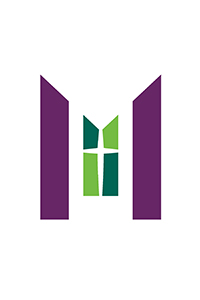
Mercy College of Health Sciences
Intelligent Score: 99.92In-state: $32,416
Out-of-state: $32,416
In-state: $43,874
Out-of-state: $43,874
SAT: 1010-1180
ACT: 19-24
$736
Online
Higher Learning Commission
120
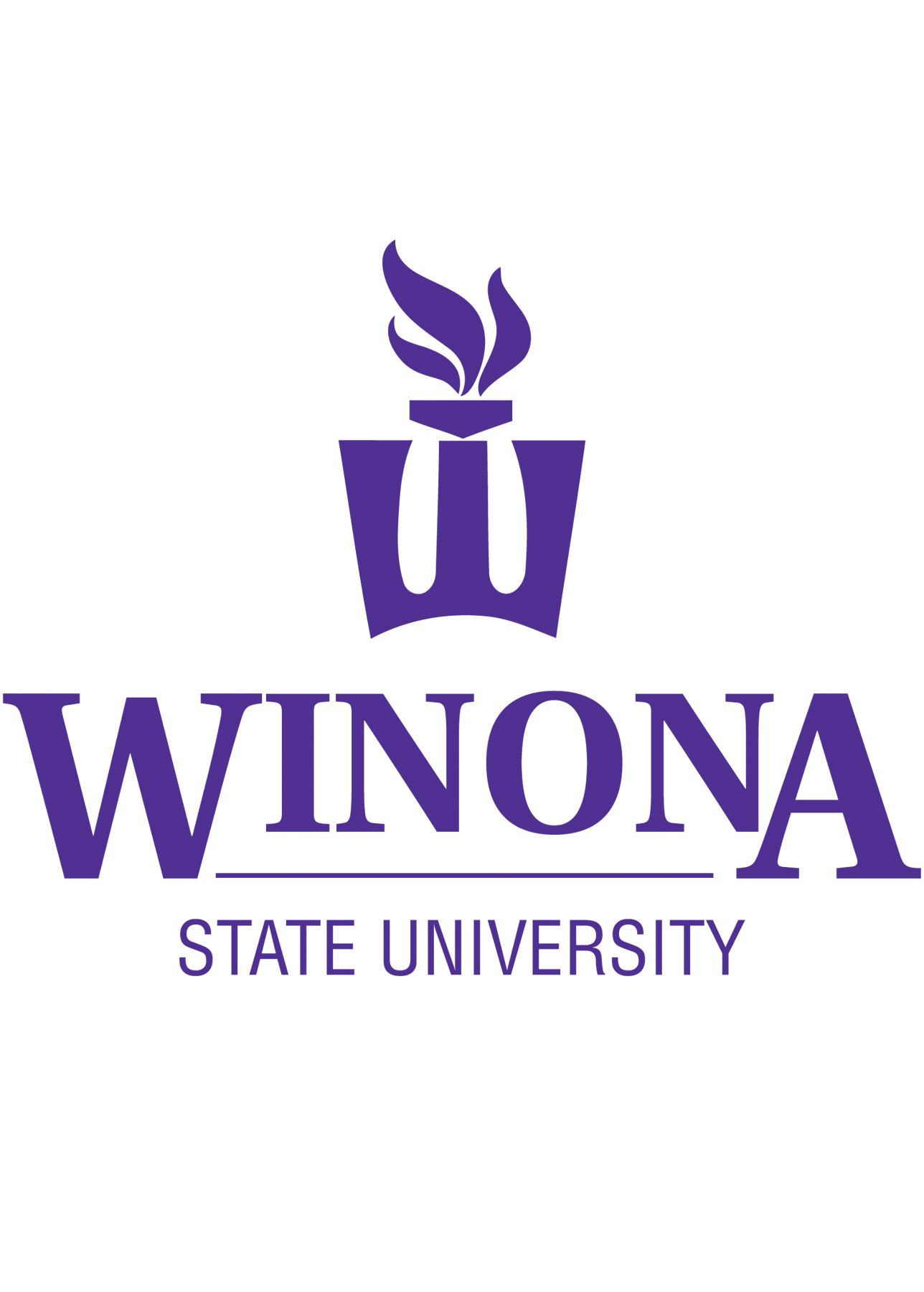
Winona State University
Intelligent Score: 99.59In-state: $7,712
Out-of-state: $13,903
In-state: $7,710
Out-of-state: $7,710
SAT: 960-1130
ACT: 19-25
$353
Online
Higher Learning Commission
120
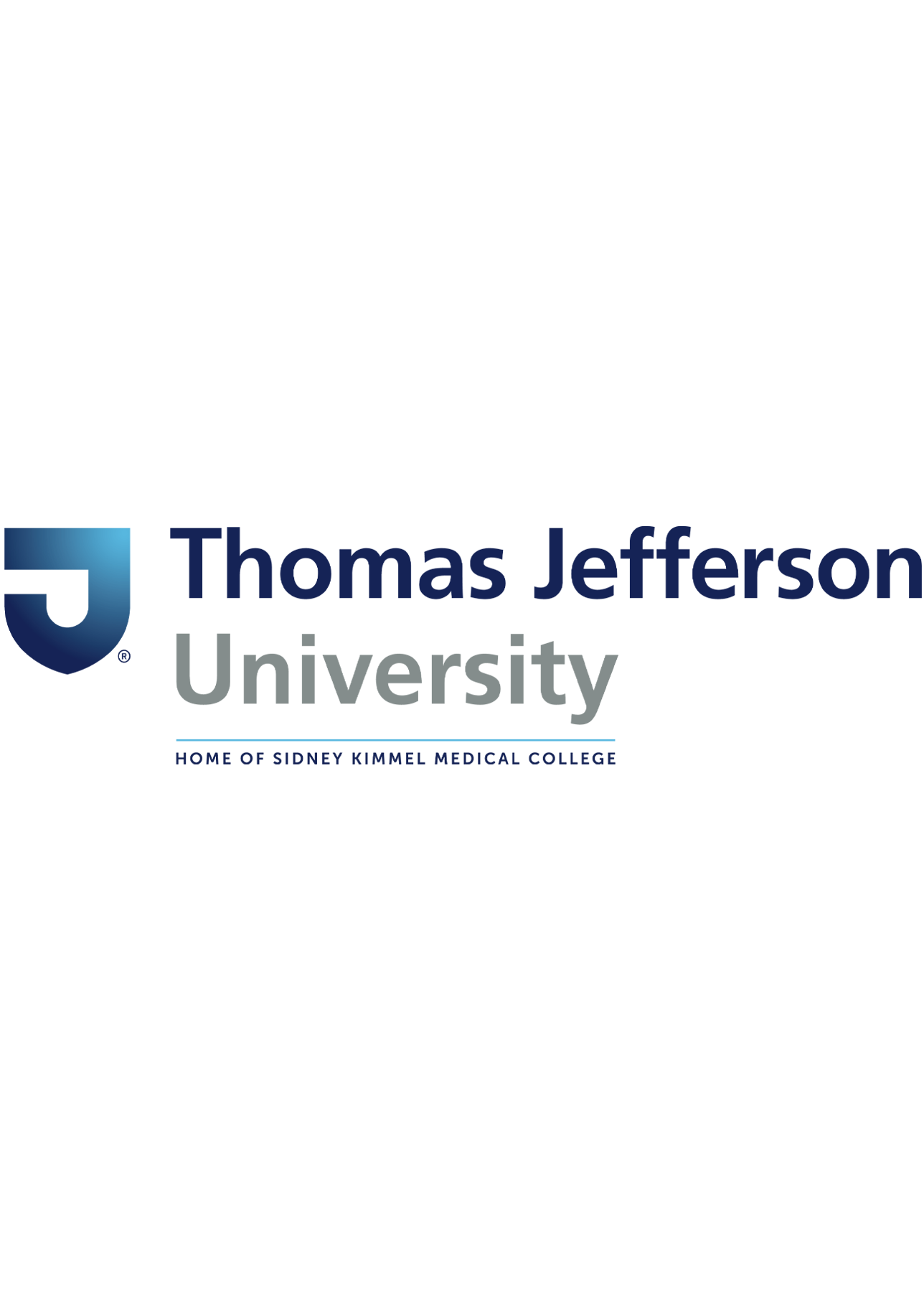
Thomas Jefferson University
Intelligent Score: 98.93In-state: $40,680
Out-of-state: $40,680
In-state: $21,420
Out-of-state: $21,420
SAT: 1090-1270
ACT: 20-27
$650
Online
Middle States Commission on Higher Education
120

Herzing University
Intelligent Score: 96.27In-state: $34,284
Out-of-state: $34,284
In-state: $31,984
Out-of-state: $31,984
SAT: 1,275 or better
ACT: 17 or better
$515
Online
Higher Learning Commission
120

Maryville University
Intelligent Score: 96.06In-state: $24,766
Out-of-state: $24,766
In-state: $14,346
Out-of-state: $14,346
SAT: N/A
ACT: N/A
$540
Online
Higher Learning Commission
128

CSP Global
Intelligent Score: 94.63In-state: $32,660
Out-of-state: $32,660
In-state: $9,090
Out-of-state: $9,090
SAT: 990-1180
ACT: 19-25
$420
Online
Higher Learning Commission
120
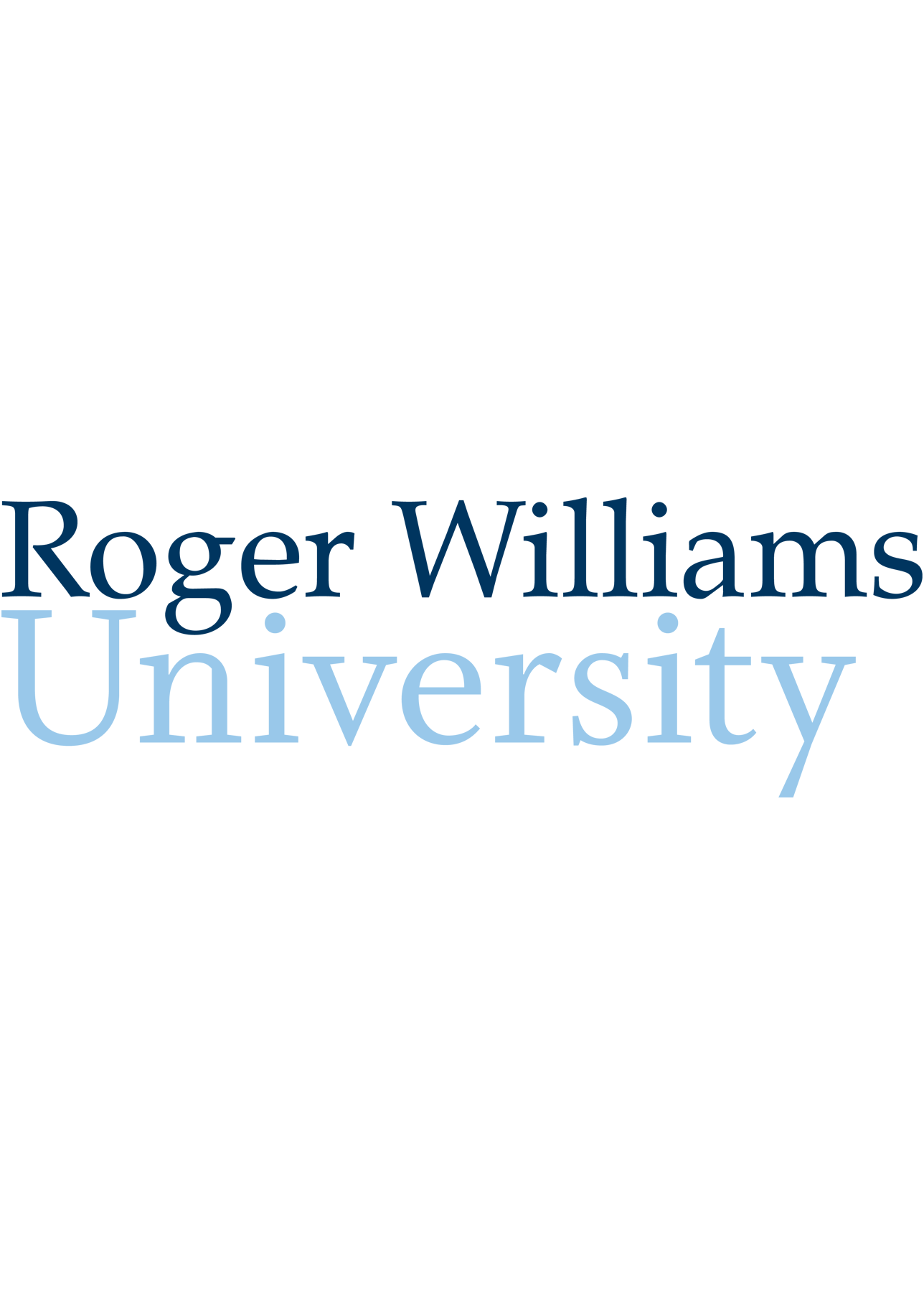
Roger Williams University
Intelligent Score: 94.47In-state: $34,402
Out-of-state: $34,402
In-state: $17,016
Out-of-state: $17,016
SAT: N/A
ACT: N/A
$433
Online, On-campus
New England Commission of Higher Education
120

Fresno Pacific University
Intelligent Score: 94.22In-state: $32,954
Out-of-state: $32,954
In-state: $14,940
Out-of-state: $14,940
SAT: 930-1110
ACT: 16-22
$550
Online, On-campus
Accreditation Council for Business Schools and Programs
120
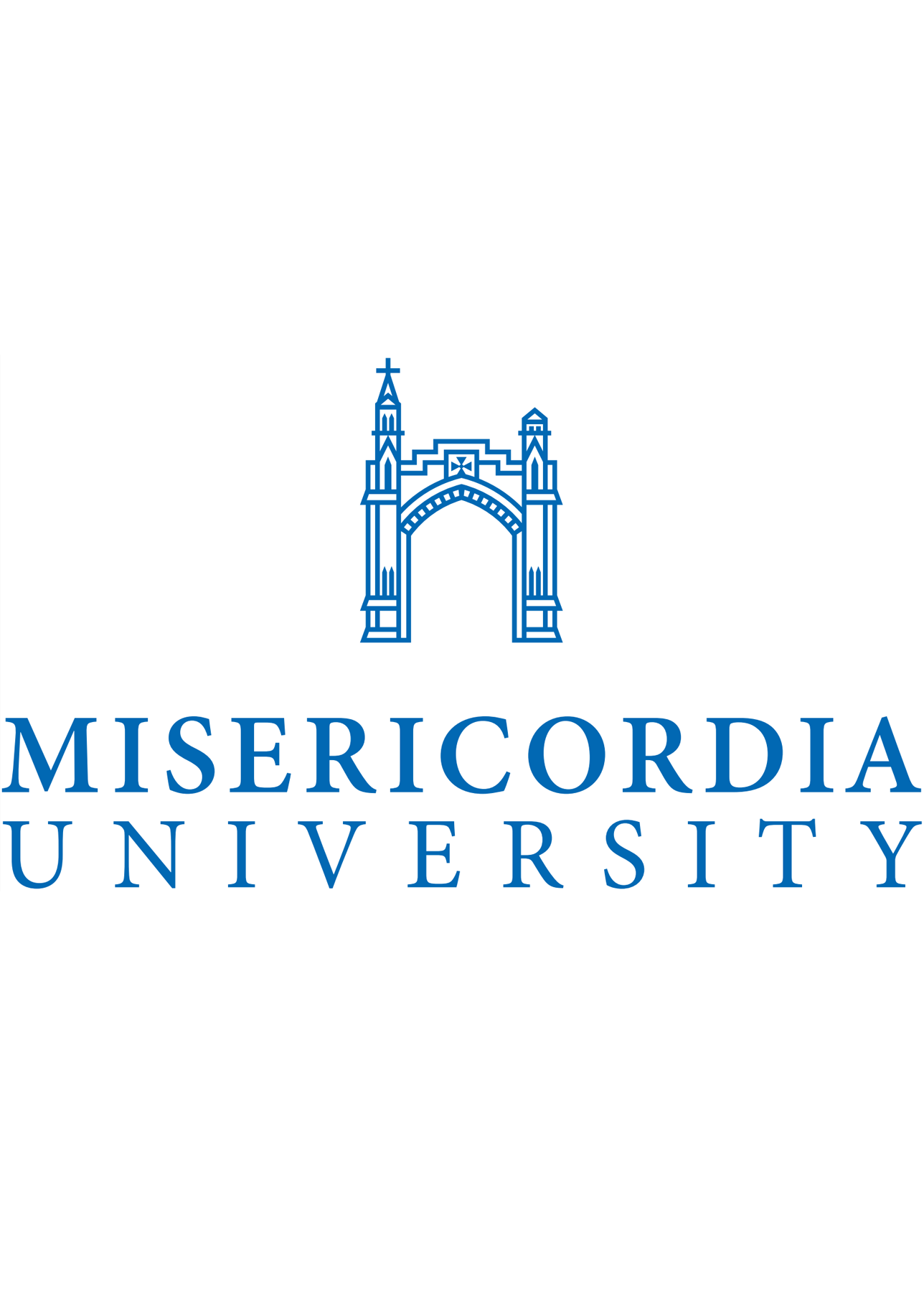
Misericordia University
Intelligent Score: 90.39In-state: $34,100
Out-of-state: $34,100
In-state: $35,550
Out-of-state: $35,550
SAT: N/A
ACT: N/A
$695
Online
International Accreditation Council for Business Education
121
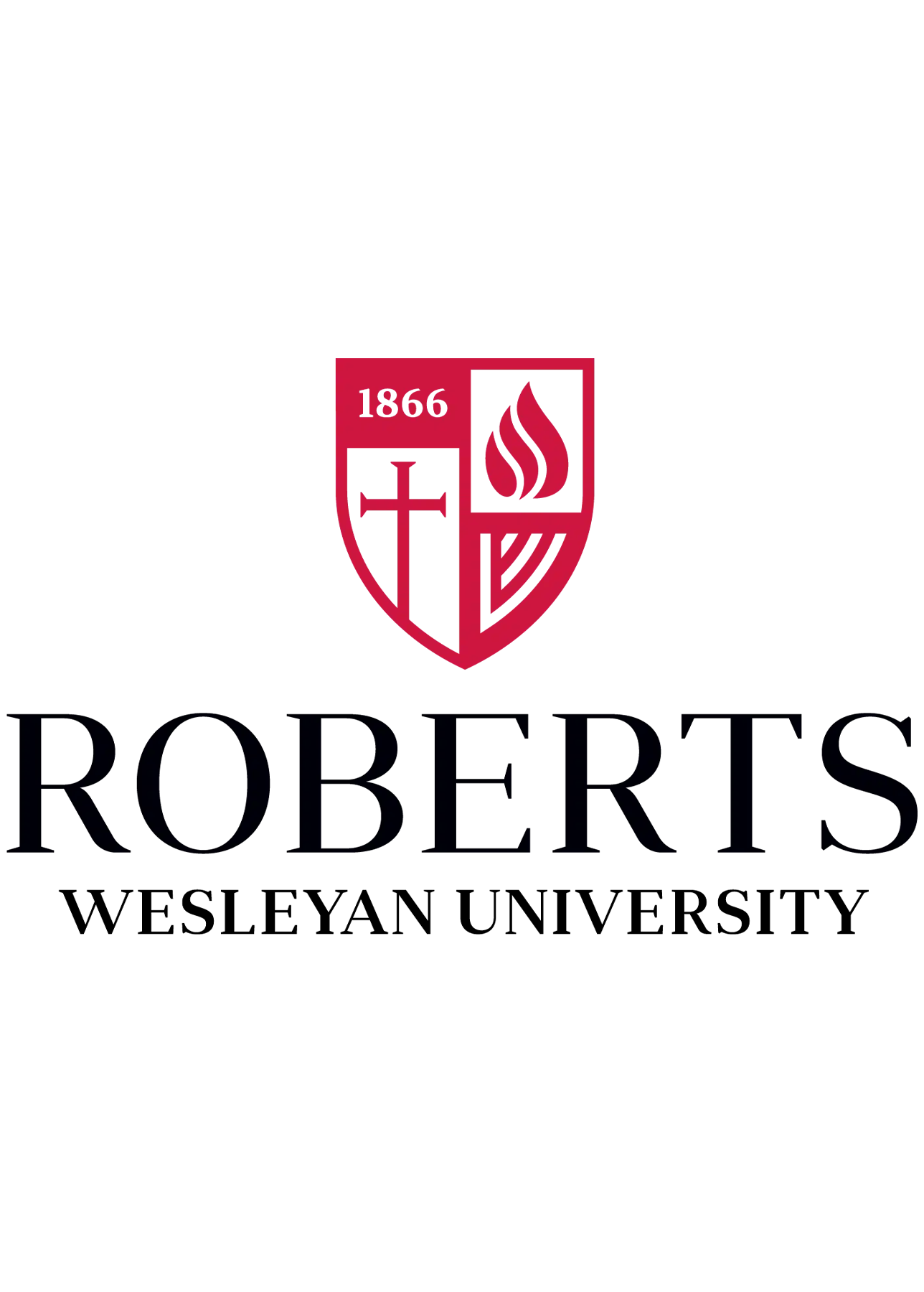
Roberts Wesleyan College
Intelligent Score: 89.78In-state: $32,322
Out-of-state: $32,322
In-state: $14,394
Out-of-state: $14,394
SAT: 1020-1250
ACT: 22-26
$617
Online, On-campus
International Accreditation Council for Business Education
124

UMass Dartmouth
Intelligent Score: 87.99In-state: $15,791
Out-of-state: $35,779
In-state: $14,014
Out-of-state: $14,014
SAT: 1200-1390
ACT: 27-32
$359
Online
New England Commission of Higher Education
120

Concordia University Chicago
Intelligent Score: 87.44In-state: $32,660
Out-of-state: $32,660
In-state: $9,090
Out-of-state: $9,090
SAT: 990-1180
ACT: 19-25
$505
Online
Higher Learning Commission
120

St. Joseph's University, New York
Intelligent Score: 85.65In-state: $28,590
Out-of-state: $28,590
In-state: $19,350
Out-of-state: $19,350
SAT: 1020-1200
ACT: 22-26
$780
Online
Higher Learning Commission
120

Western Governors University
Intelligent Score: 85.42In-state: $6,380
Out-of-state: $6,380
In-state: $7,500
Out-of-state: $7,500
SAT: N/A
ACT: N/A
$312
Online
Northwest Commission on Colleges and Universities
120
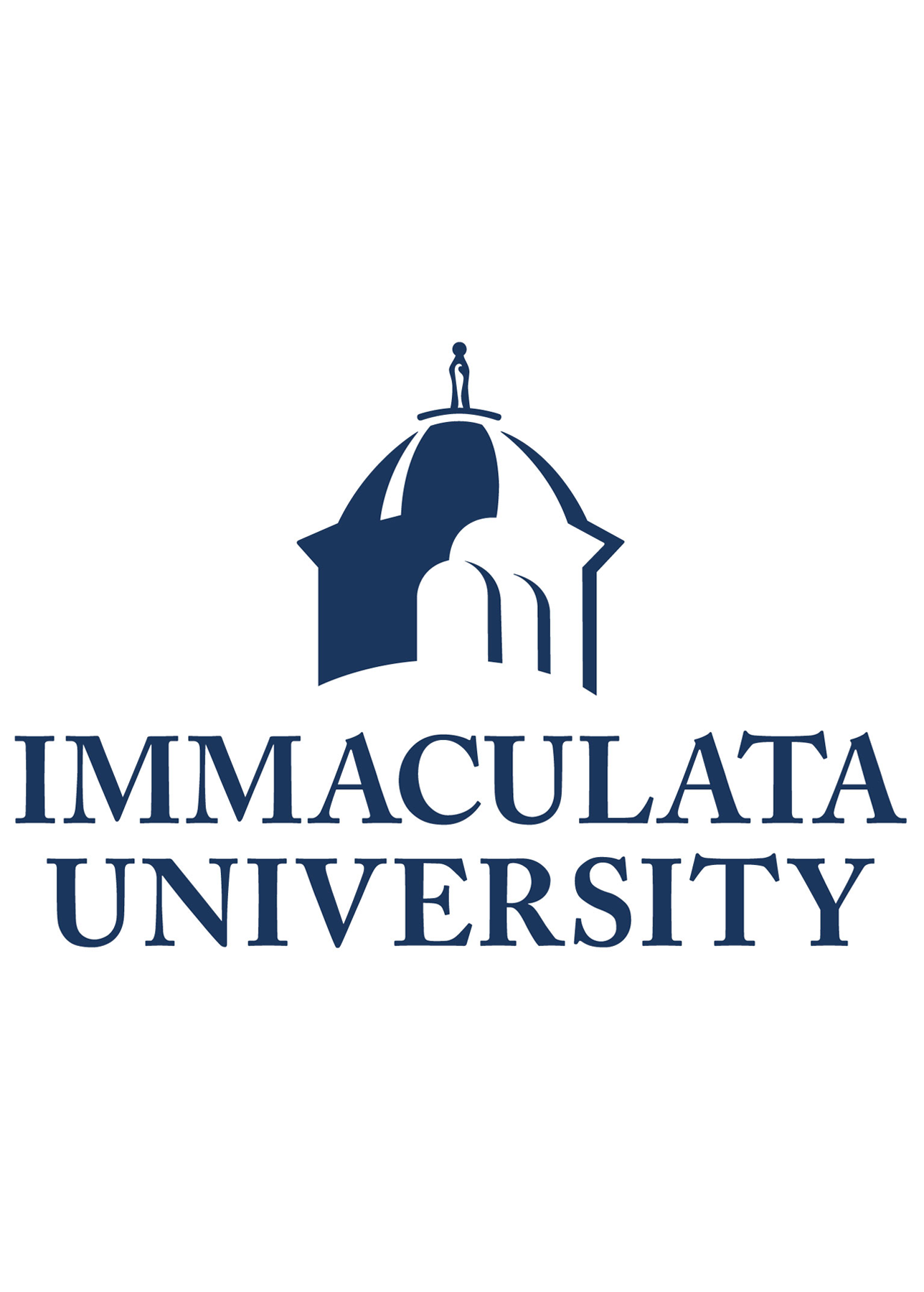
Immaculata University
Intelligent Score: 84.11In-state: $26,900
Out-of-state: $26,900
In-state: $12,780
Out-of-state: $12,780
SAT: 990-1170
ACT: 17-23
$465
Online
Middle States Commission on Higher Education
120

Seton Hill University
Intelligent Score: 82.47In-state: $37,396
Out-of-state: $37,396
In-state: $15,084
Out-of-state: $15,084
SAT: N/A
ACT: N/A
$494
Online
Middle States Commission on Higher Education
120
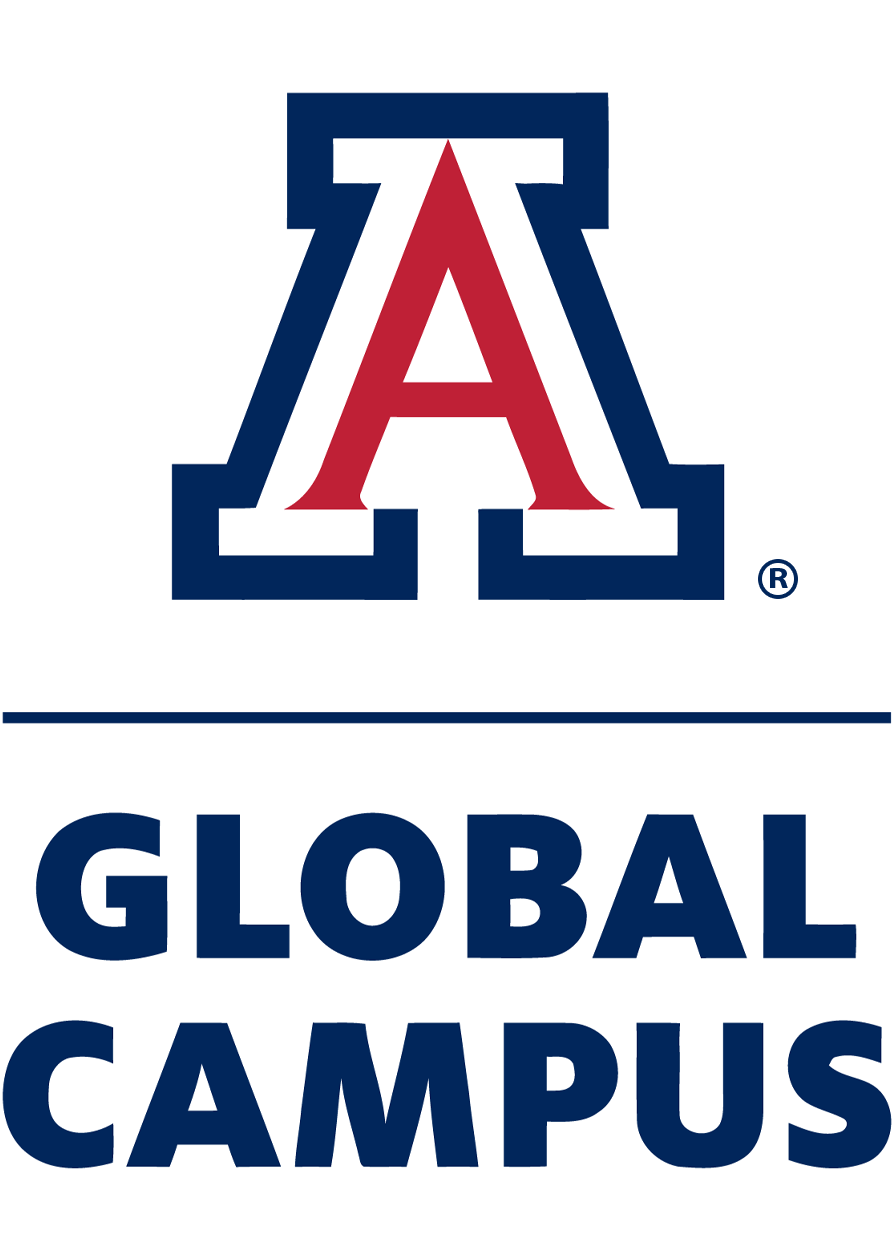
University of Arizona Global Campus
Intelligent Score: 82.09In-state: $25,295
Out-of-state: NA
In-state: $26,589
Out-of-state: $26,589
SAT: NA
ACT: NA
$460
Online
WASC Senior College and University Commission
120
How to Choose an Accelerated Online Healthcare Program
Choose your area of study
The area of study you choose for any degree is important, but this is especially essential for healthcare degrees — as different majors or specializations can prepare you for different career paths. For example, at the undergraduate level, a major in nursing suits those enthusiastic about patient care, while healthcare administration is ideal for those interested in management and organizational roles. For graduate students, specializations like public health are perfect for students focused on community health initiatives, and health informatics is best for those drawn to technology and data management in healthcare.
Research schools and programs
Once you’ve chosen a specialization, researching schools and programs should be your next step. Consider asking:
- Does a recognized accrediting body accredit the program?
- How does the coursework support my academic interests?
- Are there any on-campus requirements?
- How are clinical experiences arranged?
- What support services are available for online learners?
Most of this information will be readily available on program websites, but you can also find it by attending an information session or reaching out to an admissions counselor.
Prepare for tests and applications
With your shortlist of programs, you can now turn your attention to test and application prep. Start by requesting transcripts and letters of recommendation early, as these materials often take time to gather. Draft your personal statement or essay responses beforehand to allow for thorough revisions. For programs requiring test scores, consider enrolling in a prep course – options include SAT or ACT prep for undergraduates and GRE prep for graduates.
Select your program
When acceptance letters arrive, you may have a big decision to make. Take a moment to revisit your initial research criteria and prioritize what matters most to you, such as curriculum relevance, flexibility in scheduling, and support services for online learners. Reassess the total cost of attendance and compare it with financial aid offers to ensure that your choice is affordable and economically feasible.
Determine how you’ll pay for your degree
To finance your degree program, start by submitting the FAFSA to determine your eligibility for federal aid, grants, and work-study opportunities. Apply for scholarships, both from your chosen institution and external sources, as they can significantly reduce your costs. Depending on your degree level, consider assistantships, which provide financial support in exchange for teaching or research work.
In cases involving financial gaps, federal loans are generally preferable over private loans due to lower interest rates and more flexible repayment options. Exploring all these avenues can help you minimize debt and effectively manage the cost of your education.
What Can You Expect From an Accelerated Online Healthcare Program?
An accelerated online healthcare degree program offers a fast-tracked path to a career in the healthcare industry. Depending on your specific field, these programs may cover anatomy and physiology, healthcare management, medical ethics, and healthcare technology. Students can expect to complete their degrees in as little as two to three years at the undergraduate level, while graduate programs often take 18 months to two years.
Regardless of the specific degree, coursework is designed to be rigorous and comprehensive, providing practical knowledge and skills needed for different roles — including nursing, healthcare administration, and public health. By enrolling in an online program, you’ll gain additional flexibility to help balance your studies with personal and professional commitments, making these programs ideal if you’re looking to quickly advance or shift your career into this sector.
Potential courses you’ll take in an accelerated online healthcare program
- Anatomy and Physiology: This fundamental course covers the structure and function of the human body, including major organ systems, tissues, and cells. Students will learn how the body maintains homeostasis and how different systems interact to support life and health.
- Healthcare Management: Commonly found in healthcare administration degree programs, this course emphasizes developing skills necessary for effective decision-making and resource allocation in healthcare settings. Participants explore the principles of managing healthcare facilities, including leadership and strategic planning.
- Medical Ethics and Law: This course examines ethical and legal issues in healthcare, such as patient confidentiality, informed consent, and medical malpractice. Learners will study how to navigate ethical dilemmas and understand the legal framework governing healthcare practices.
- Health Informatics: In this course, students will study the use of information technology in healthcare, focusing on electronic health records, data management, and health information systems. Classes are designed to provide participants with the skills to improve patient care through effective use of technology.
What Can I Do With a Healthcare Degree?
The healthcare industry is booming, with 1.8 million new jobs projected over the next decade, attracting many to pursue careers in this field. Beyond this significant job growth, the industry offers above-average salaries and diverse career options, making it an appealing choice for those seeking stability and advancement opportunities.
Career outlook
- Healthcare Administrator — Graduates in this role oversee the operations of healthcare facilities like hospitals, clinics, and nursing homes. They are responsible for managing staff, developing and implementing policies, ensuring compliance with regulations, and improving efficiency and quality.
- Median annual salary: $110,680
- Projected employment growth (through 2032): 28%
- New jobs projected: 54,700
- Advanced Practice Registered Nurse — Practicing APRNs are highly skilled nurses who provide primary and specialty healthcare services. They diagnose and treat medical conditions, prescribe medications, and manage patient care independently or in collaboration with physicians.
- Median annual salary: $129,480
- Projected employment growth (through 2032): 38%
- New jobs projected: 29,200
- Physician Assistant — A physician assistant works under the supervision of a physician to provide diagnostic, therapeutic, and preventative healthcare services. They perform physical exams, order and interpret tests, diagnose illnesses, develop treatment plans, and may assist in surgeries.
- Median annual salary: $130,020
- Projected employment growth (through 2032): 27%
- New jobs projected: 12,200
Accelerated Online Healthcare Degree Frequently Asked Questions
How do accelerated degree programs work?
Accelerated degree programs condense the standard curriculum into a shorter time frame by offering courses year-round, often with more intensive study schedules. In healthcare programs, students complete the same coursework faster but must still fulfill clinical and in-person requirements through concentrated, immersive experiences.
These programs allow students to enter the workforce sooner, but the fast pace requires significant time management skills. To explore the pros and cons of accelerated programs and determine if they’re the right fit for you, visit our page, which details this further.
How long does it take to earn an accelerated online healthcare degree?
Earning an accelerated online degree typically takes two to three years for undergraduate programs and 18 months to two years for graduate programs. The exact duration depends on the total number of required credits, which can vary by program. This variability is significant for graduate students, as their programs often have different credit requirements.
How much does an accelerated online healthcare degree cost?
The average annual cost of tuition is $14,688 for undergraduate degrees and $20,513 for graduate degrees. However, tuition is just one part of the total expense. You’ll also want to budget for additional costs such as textbooks, technology fees, clinical supplies, and potential travel for in-person requirements.

